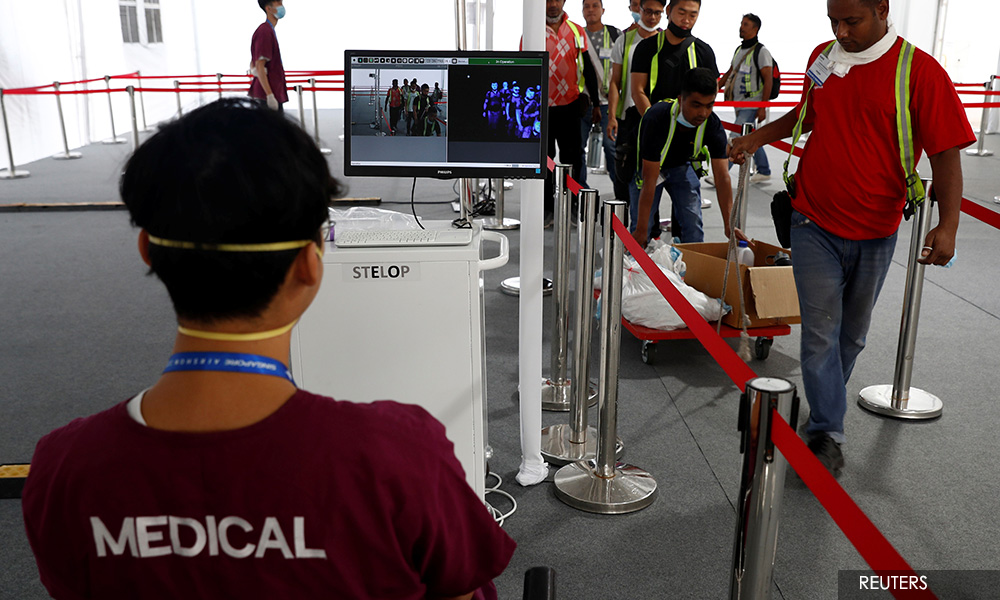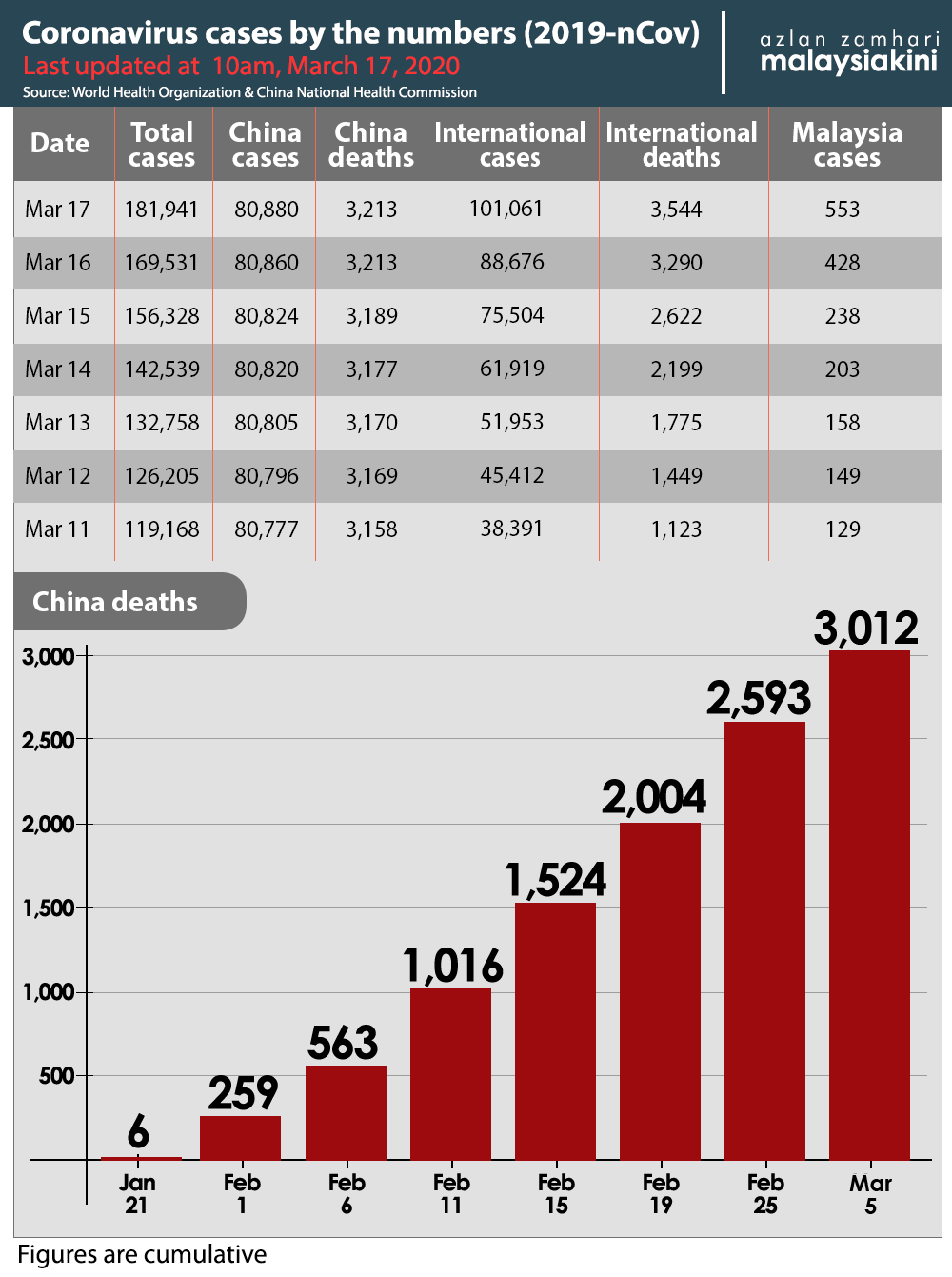CORONAVIRUS | The World Health Organization called on all countries on Monday to ramp up their testing programmes as the best way to slow the advance of the coronavirus pandemic, and also urged companies to boost production of vital equipment to overcome acute shortages.
"We have a simple message to all countries - test, test, test," WHO Director-General Tedros Adhanom Ghebreyesus (above) told a news conference in Geneva, calling the pandemic "the defining global health crisis of our time".
"All countries should be able to test all suspected cases, they cannot fight this pandemic blindfolded."
Without testing, cases cannot be isolated and the chain of infection will not be broken, he said.
Even countries with advanced health systems have struggled to cope with the outbreak, Tedros said, adding he was deeply concerned about its effects on low-income countries where people already struggled with malnutrition and other health problems.
In the United States, the Trump administration has come under fire from critics for what they say has been a slow gearing up of testing for the new virus.
US Vice-President Mike Pence promised on Sunday that Americans would have access in the days ahead to more than 2,000 laboratories capable of processing tests.
With limited testing available, US officials have recorded nearly 3,000 cases and 62 deaths, and large segments of daily activities have been upended across the country.

Many countries have limited testing to the old or with pre-existing conditions, refusing tests for others with milder symptoms who can nevertheless spread the virus. Often they simply do not have the resources to carry out more tests.
Paul Molinaro, in charge of operations, support and logistics at the WHO, called for "a change in mindset" to overcome supply shortages in items such as test kits and protective equipment to fight the pandemic.
"Is this a challenge? It is. Is it easy: no it’s not. Is there a chance we can get availability and get this equipment? We remain optimistic," he told the same news conference, referring to "severe market constraints" for some equipment.
Tedros said the WHO was working with the private sector to increase production of protective equipment, describing the current shortage as a "market failure". He also warned against the hoarding of supplies.
Meanwhile, Tedros, who was upbeat enough to make a joke in Spanish, said he was cheered by the response from governments coming forward with funding to fight the outbreak.
"It’s not just the funding, it is human spirit which we see, that is fighting this virus, that is coming more strongly," he added. "I am really encouraged in the last week or so with the solid level of solidarity I see."
- Reuters


